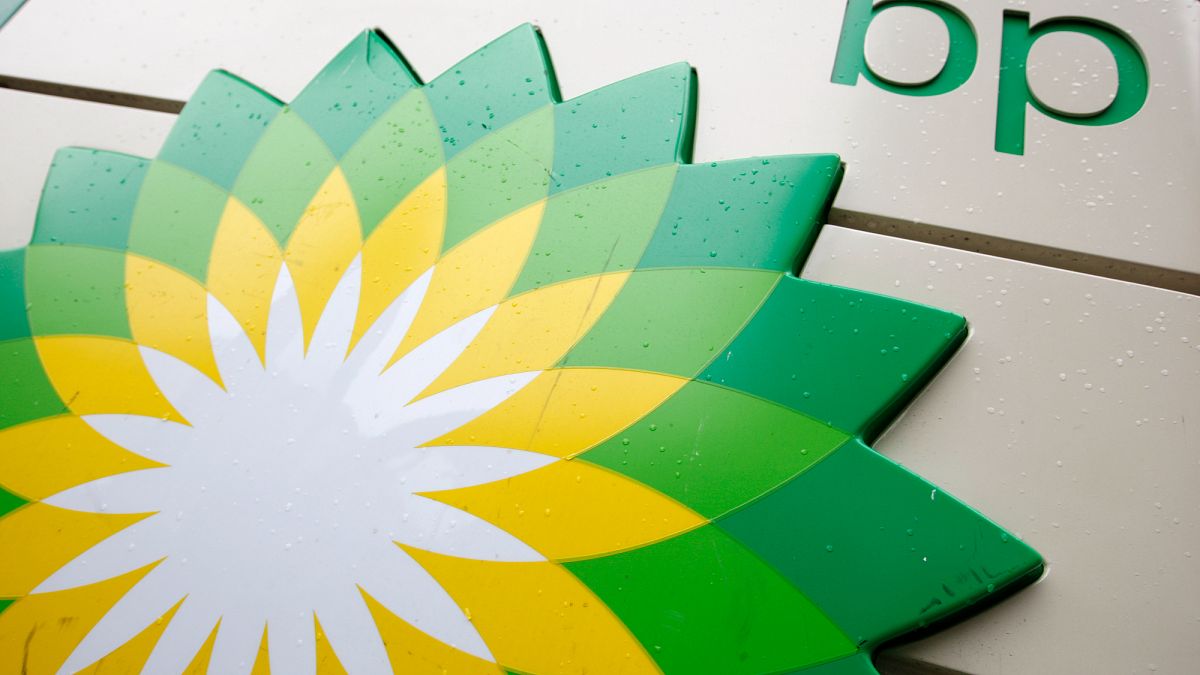

In the ever-evolving landscape of global business, several major companies are navigating strategic shifts and challenges that reflect broader trends in the economy and regulation. Recent developments from British Petroleum (BP), Spotify, Diageo, and Shein highlight the varied and adaptive strategies employed by these corporations to maintain competitiveness, manage costs, and respond to regulatory scrutiny.
BP, renowned for its extensive influence in the energy sector, is embarking on a new cost-cutting initiative, despite surpassing profit expectations. This move aligns with BP’s broader goal of achieving substantial savings of $4 billion to $5 billion by the end of 2027, based on their analytics from 2023 costs. BP’s commitment to efficiency emphasizes the energy giant’s strategic foresight as it adapts to shifting market dynamics and seeks to enhance its financial resilience.
Meanwhile, Spotify, the global music streaming juggernaut, has announced a modest yet significant adjustment in its pricing structure. The platform will implement a 9% price increase for individual plan subscribers, equating to an additional €1 from September onwards. This measure underscores Spotify’s continual efforts to balance operational costs with the delivery of quality services and reflects ongoing trends in the digital and entertainment sectors, where incremental price adjustments are becoming part of routine service management.
In the realm of spirits, Diageo, the esteemed owner of iconic brands like Guinness and Johnnie Walker, has reported a notable decline in profits, attributed in part to the impact of tariffs and other financial strains. The company’s recent disclosure of a nearly 28% fall in operating profit over the past year marks a challenging period as it also seeks leadership renewal following the departure of CEO Debra Crew. Expanding its cost-cutting strategy, Diageo aims to mitigate financial pressures while maintaining its prestigious position within the FTSE 100 index.
Notifications of regulatory scrutiny have emerged as a growing concern for Chinese fast fashion retailer Shein, which recently faced a €1 million fine in Italy for misleading environmental claims. This penalty follows a €40 million fine by French regulators in July, exemplifying the heightened regulatory environment regarding corporate environmental responsibility in Europe. Italian authorities noted that Shein’s website messages concerning environmental sustainability were at times vague and misleading, pressuring the company to align with increasingly stringent standards and improve its transparency to consumers.
The landscape for these corporations underscores the complex interplay of cost management, pricing strategies, regulatory compliance, and leadership transitions. As these companies navigate their individual challenges, the broader business community is reminded of the necessity for adaptability and strategic vision to thrive in an ever-changing economic environment. Balancing financial objectives with responsibility and innovation remains a central narrative in the global corporate sector, shaping the paths of industry leaders and newcomers alike.
Source: {link}
